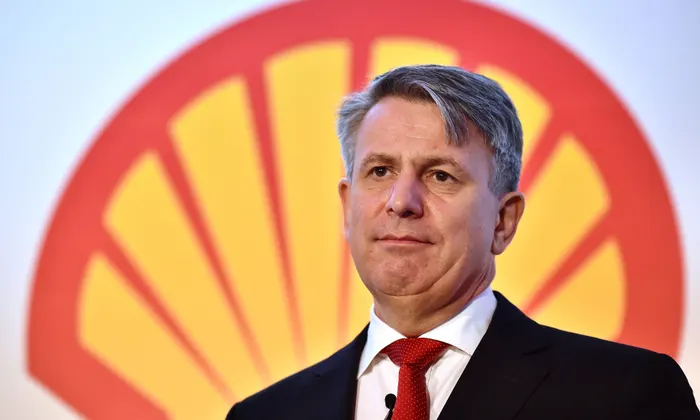In an allusion to the windfall tax opposed almost uniquely among western Europe’s government leaders by former oil accountant Liz Truss, departing Shell chief executive Ben van Beurden yesterday said that higher taxes on oil are “inevitable”.
Speaking in his last weeks in charge of the supermajor, the Dutchman told fossil fuel bosses assembled at an industry conference in Mayfair that;
“One way or another there needs to be government intervention. Protecting the poorest, that probably may then mean that governments need to tax people in this room to pay for it”.
“I think we just have to accept as a society – it can be done smartly and not so smartly. There is a discussion to be had about it but I think it’s inevitable”, van Beurden observed.
At the end of this year, van Beurden will step down after nine years as Shell’s CEO, ceding leadership to Wael Sawan.
Truss spent four years up until 1999 with Shell UK, working towards her CIMA qualification, before leaving to join Cable & Wireless.
During the Conservatives’ five-week election hustings this summer, and again once elected party leader, she has rejected call for a one-time impost on unprecedented earnings posted this year by energy companies, particularly oil and gas extractors.
Her package of measures to reduce for two years the impact of energy hikes on Britons is priced by analysts at between £100 billion and £150 billion.
Under pressure in May from opposition parties advocating an exceptional tax, former chancellor Rishi Sunak raised £5 billion from what he called an ‘energy profits levy’, parting finding £15 billion of measures including a one-off £400 fuel grant to every household in the country.
Greenpeace UK’s energy campaigner Georgia Whitaker commented: “When the head of BP has likened his company to a cash machine, and the boss of Shell is actually backing a windfall tax, it makes you wonder what it’s going to take for the government to make a withdrawal?
“A windfall tax on fossil fuel companies’ billions of excess profits could pay for the energy bill freeze, as well as funding vital home energy upgrades – addressing the cost of living crisis and the climate crisis in one go”, said Whitaker.
van Beurden, a 39 year veteran at Shell, has been pessimistic that gas prices on world wholesale markets will remain high for several European winters to come.
Reflecting on whether a meaningful intervention was possible to cut prices of European gas, he told the EIC yesterday: “That is a much more challenging prospect. The solution should not be government intervention but protection of those who need protection.”





Yes oil should have additional tax, but what about gas? Present consumer energy prices still show that electricity is double the price of gas, and was almost 4 times the price of gas when world gas prices were at a peak. This makes no sense when electricity production from gas is less than half that from renewables and nuclear.